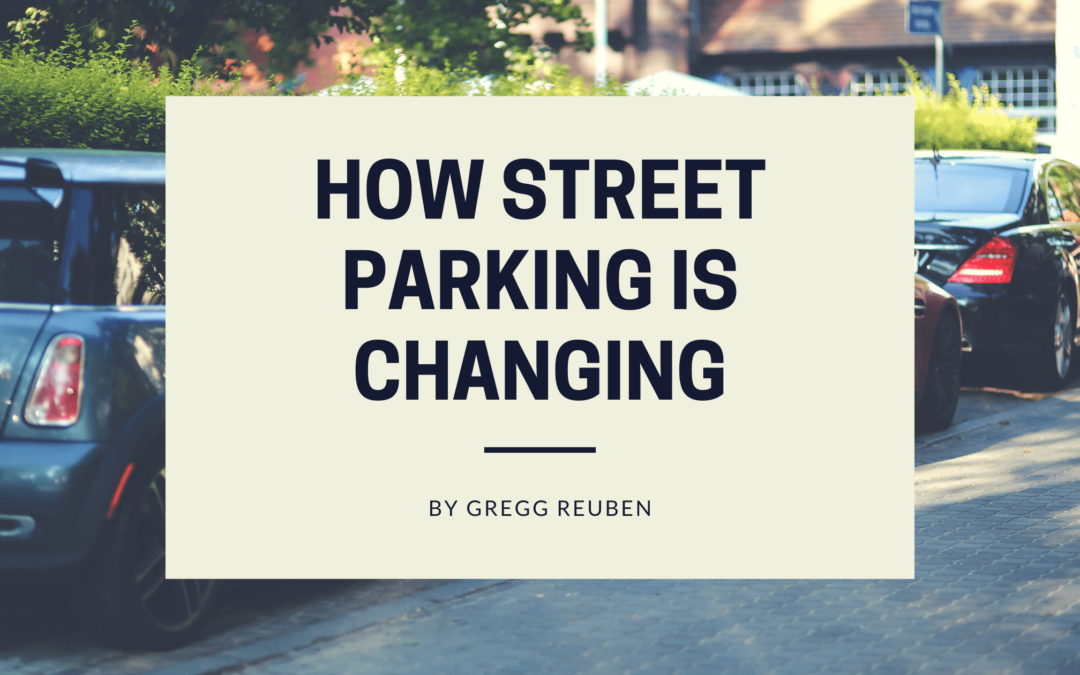Over the past decade, the rapid emergence and evolution of new transportation services has created a new set of competitors in the urban marketplace. These include ride-hailing companies and delivery vans. The rise of e-commerce and the pandemic have also changed the way people commute. To help address crowding on roads a number of private companies have been trying to impose order.
Over the years, cities have been gradually outsourcing their parking management to legacy companies such as Xerox. These firms have been able to provide various services, such as the E-ZPass toll collection system. However, now, a new breed of startups is disrupting the industry by developing a new technology that allows them to monitor the usage of their parking spaces.
According to Regina Clewlow, CEO of data transportation company Populus, the lack of parking fees for on-demand services such as food delivery has become a major issue for cities. She noted that many of these drivers don’t pay for parking.
In 2017, Clewlow helped launch Populus, which provides a platform that allows cities to monitor the usage of their parking spaces. Through its platforms, the company has been able to collect data from various mobility services, such as ride-hailing companies. It then maps the street grid to visualize the areas where there are potential parking spaces that could be better utilized. In addition, cities can charge their fleet vehicles for access to these spaces.
Populus has raised $11 million in a new round of funding led by investors, including Robert Downey Jr.’s FootPrint Coalition Ventures and Zero Infinity Partners. The company’s total funding has now reached nearly $20 million. According to Jonathan Schulhof, the managing partner of Zero Infinity Partners, the company’s team is working on developing a new data infrastructure that will help cities reduce their environmental impact.
Populus’ platform is free to use, and cities pay a subscription fee to use it. The company then collects a slice of the revenue that the cities gain from using it. It works with over a hundred cities in the US and Israel, including Chicago, Baltimore, and Seattle.
Another startup, Automotus, uses battery-powered cameras placed on streetlight poles to monitor the activity of parked cars. The company’s cameras capture 30 images per second and then, through its software, are able to analyze the data to provide a personalized view of the parking situation. For instance, if a road has an unusually high number of parked cars at certain hours of the day, the city might need to increase the rates.
According to Jordan Justus, the founder and CEO of Automotus, the company’s software is able to automate the enforcement of parking rules. For instance, in a pilot program conducted in Pittsburgh, the number of cars parking in the areas where the company’s cameras were placed increased by 21%. The amount of time that these drivers spent parked decreased by 30%.
He believes that the future of transportation management will be more integrated and less fragmented, where both mobility services and transit operations can be easily integrated. He noted that cities are already starting to realize the potential of this concept, but they are not yet ready to fully implement it.
Cities were able to quickly adapt their urban spaces during the pandemic by transforming them into places where people could gather and eat. Although the mass transformations were short-lived, they demonstrated the potential of using public art, plazas, and public transportation to complement the parking needs of their residents. Donald Shoup, an urban planning professor at UCLA, noted that the changes made during the pandemic also highlighted the need for more integrated transportation management.
If the cities that are currently testing the use of parking management tools can prove their effectiveness, then this concept could be a way to break free from the parking addiction that Americans have.
